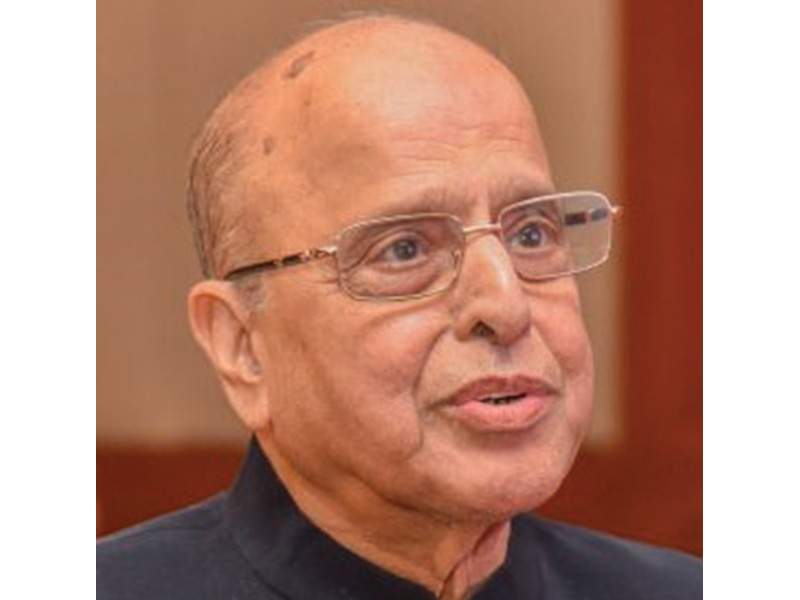Former ISRO chief, K Kasturirangan, highlighted the adverse impact of the absence of academic autonomy in educational institutions on faculty motivation and innovation opportunities. Speaking at Delhi University’s faculty induction program, he stressed the need to rectify this issue, identifying institutional autonomy at a systemic level as a crucial reform.
Kasturirangan, also the architect of the National Education Policy-2020 (NEP), expressed concern about the centralized nature of affiliated colleges, where adherence to a uniform syllabus, curriculum, pedagogy, and textbooks hinders teacher autonomy. He proposed that institutions should prioritize granting individual autonomy to faculty members and leaders, allowing them to innovate in teaching, research, and service.
According to Kasturirangan, true autonomy involves the freedom to innovate, compete, cooperate, govern locally, optimize resources, break silos, and excel—a principle endorsed by the NEP as a significant transformation in higher education.
Delhi University Vice Chancellor Yogesh Singh, presiding over the faculty induction program, congratulated new faculty members and encouraged them to experiment with teaching methodologies for an enhanced learning experience. Singh also highlighted the university’s substantial recruitment efforts, with over 3,500 new teacher appointments this year, claiming the highest number in any central university during this period. However, he acknowledged that 1,700 positions out of the total 5,200 vacancies remain unfilled.
Also read: 50 Leaders who can revive Indian education: Dr K Kasturirangan




























